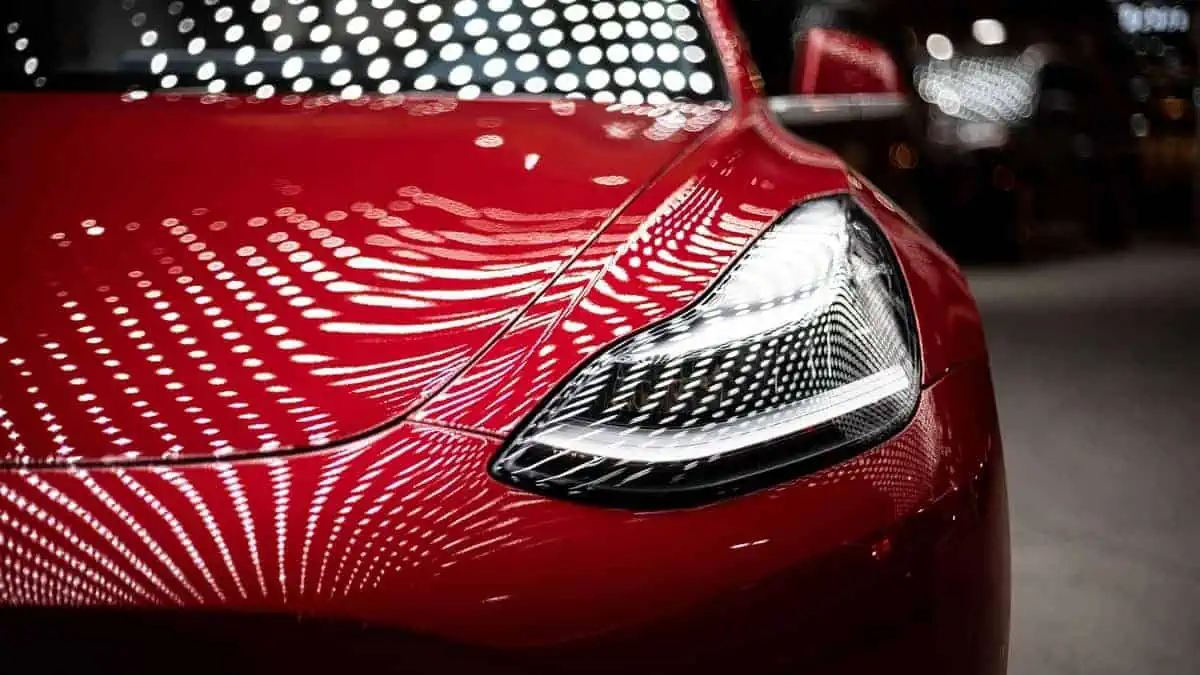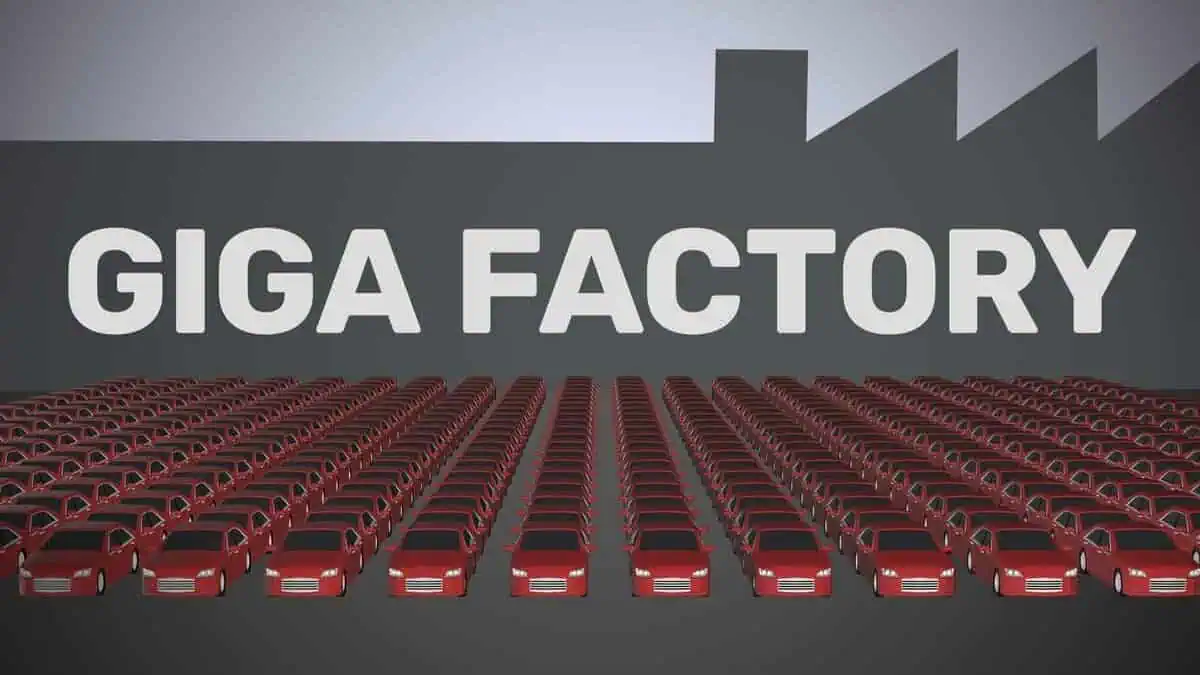Approximately 75% of US-registered all-electric vehicles were made domestically in the first 11 months of 2022, InsideEVs reports citing Automotive News.
Even more, the US-made BEVs’ market share has the potential to improve further this year with the implementation of the Inflation Reduction Act (IRA). Essentially, this bill would offer new federal tax credits and other incentives for domestic production of up to $7,500.
Top brand in US BEV segment (Jan-Nov 2022)
Tesla led the segment with its production record of 431,740 units, indicating a significant increase from 303,129 units in 2021.
Meanwhile, it gained a market share of 64%, slightly down from 2021’s record of 70%. The report also highlighted that all of Tesla’s electric vehicles were assembled domestically.
Ford trails behind Tesla with a 7.4% market share. However, its best-selling Ford Mustang Mach-E was produced outside North America, particularly in Mexico.
BEV registrations in the US by brand – January-November 2022 (via InsideEVs):
- Tesla – 431,740 (up 42%) and 64% share
Model Y – 200,592
Model 3 – 175,661
Model X – 30,125
Model S – 25,362 - Ford – 7.4% share
Mustang Mach-E – 34,643 and 5.2% share - Chevrolet – 4.7% share
Bolt EV/Bolt EUV – 22,421 - Kia – 4.0% share
EV6 – 19,163 - Hyundai – 3.7% share
Ioniq 5 – 21,086 - Volkswagen – 2.4% share
ID.4 – 16,345 - Audi – 2.2% share
- Rivian – 1.9% share
R1T – 11,637
As for the overall calculation, BEVs represented 5.4% of new US car registrations from January to November 2022. That figure indicates an increase from just 3% a year ago.
Premium/luxury segment
Tesla became the first American automaker to dominate the US luxury segment after 25 years. It surpassed German automaker BMW with sales of 431,740 in 2022.
Premium brand registrations in the US – January-November 2022:
- Tesla: 431,740 (up 42%)
- BMW: 296,669 (down 6.4%)
- Mercedes-Benz: 247,932 (down 0.6%)
- Lexus: 242,611 (down 17%)
Tesla is indeed leading the charge toward electrification in the United States and globally. That being said, it is no longer surprising to see the automaker dominate the BEV and the luxury car segment in the United States.






